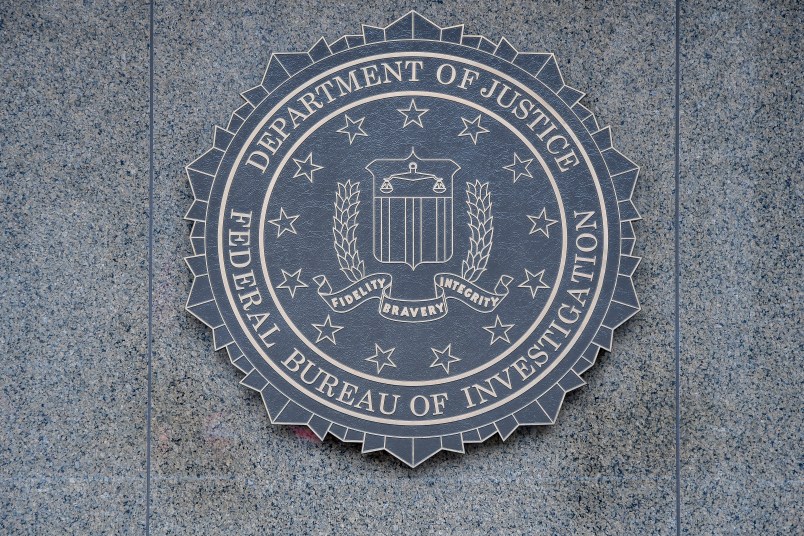ST. PAUL, Minn. (AP) — A former Minnesota FBI counterterrorism agent who was caught in a Trump administration crackdown pleaded guilty Tuesday to leaking classified documents to a national media organization, saying he knew it was illegal but felt FBI investigations treated minority communities with “suspicion” and “disrespect.”
Terry J. Albury, 39, appeared in federal court in St. Paul on one count of unauthorized disclosure of national defense information and one count of unauthorized retention of national defense information. Under his plea agreement, Albury faces a likely sentence of between 37 and 57 months but the decision will be up to U.S. District Judge Wilhelmina Wright, who did not set a sentencing date.
The Trump administration and Attorney General Jeff Sessions have made prosecuting government employees who leak sensitive information to the media a high priority. Sessions pledged to clamp down on leaks last year, saying the Justice Department had more than tripled the number of active leak investigations since President Barack Obama left office and that the FBI had created a new counterintelligence unit to focus on such cases.
Albury, who was the only African-American field agent in the Minnesota office, was accused of sharing documents with an unnamed online news organization sometime between February 2016 and Jan. 31, 2017. He was accused of sharing a document, dated Aug. 17, 2011 and classified as “secret,” that related to how the FBI assesses confidential informants, and an undated document “relating to threats posed by certain individuals from a particular Middle Eastern country.”
The second count charged him with having unauthorized possession of a document “relating to the use of an online platform for recruitment by a specific terrorist group” and that he failed to deliver it to an unspecified federal employee entitled to receive it.
The charging documents filed last month and a search warrant application didn’t name the news organization or any reporters. But the date on the classified document and its subject matter corresponded with a story posted by The Intercept on Jan. 31 of 2017 that deals with assessing informants and recruiting them by identifying their “motivations and vulnerabilities.” The story references a secret document dated Aug. 17, 2011.
The search warrant application says Albury began working for the FBI as an intern in 2000 and became a special agent in 2005. He was most recently assigned to the Minneapolis field office where he worked as a liaison at Minneapolis-St. Paul International Airport in counterterrorism and other matters, it says.
The sworn statement by an FBI counterintelligence agent says Albury accessed at least two-thirds of the 27 classified documents that the news organization posted online. Some of those documents had been photographed from a computer screen, it said, adding that Albury was caught on surveillance video at his airport office photographing his computer screen on three dates last year.
After the hearing, Albury’s attorneys, JaneAnne Murray and Joshua Dratel, issued a statement saying Albury acted out of “conscience.” He believed the FBI predominantly reflected a white male culture and was troubled by racism in the agency.
“The situation became even more acute for him when, having previously served a tour for the FBI in Iraq, he was assigned to the counterterrorism squad and was required first-hand to implement FBI investigation directives that profiled and intimidated minority communities in Minnesota and other locations in which Terry served.”
Many of the FBI’s counterterrorism investigations in Minnesota have focused primarily on the states’ large Somali-American community.



